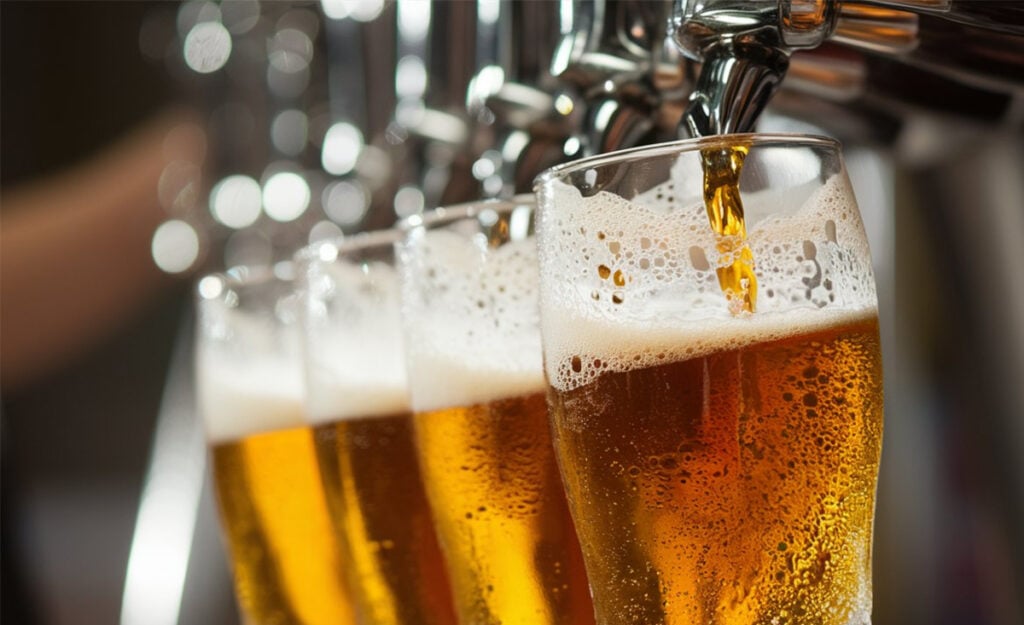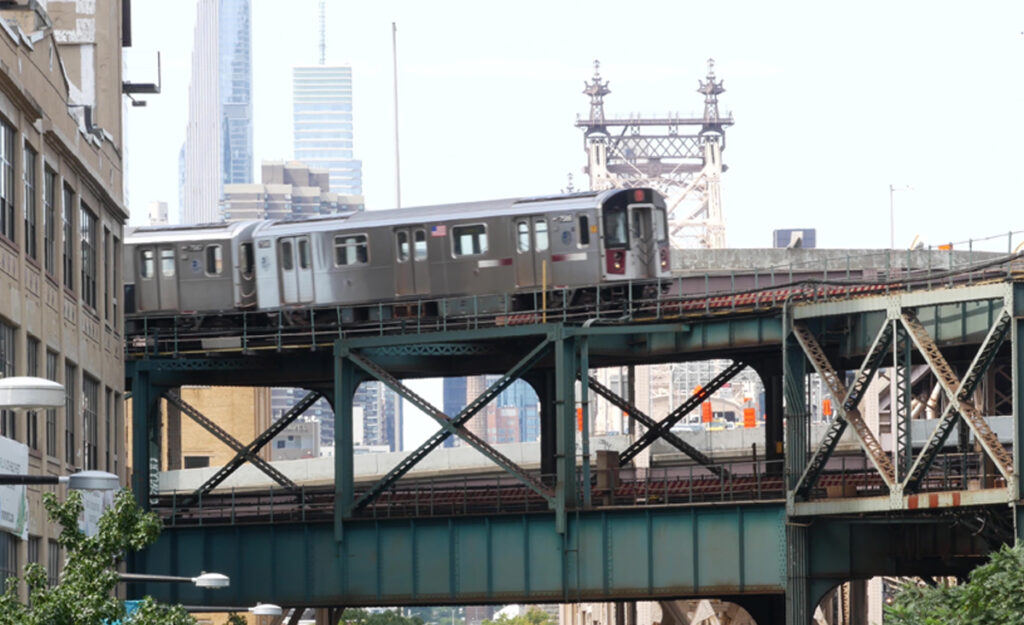
The Automobile Association (AA) is calling for a zero-alcohol limit for drivers in an effort to combat South Africa’s severe drunk driving statistics.
It argues that implementing a zero-tolerance policy is essential for significantly reducing the number of road traffic accidents and associated injuries and deaths.
“A life is worth more than a beer,” it said.
A controversial policy
This is not the first time a zero-blood alcohol concentration (BAC) limit has been been suggested, as proponents of road safety have been arguing for stricter drink driving limits for years.
The Department of Transport previously stated that the new policy would be implemented as far back as 2021, though nothing came of these efforts.
South Africa’s BAC limit is currently set at 0.05g per 100ml for regular motorists, and professional drivers cannot exceed a reading of 0.02g per 100ml.
For reference, the 0.05g threshold is roughly the equivalent of drinking at least one 350ml serving of beer, or a single shot of brandy or other distilled spirits.
Under the new ruling, this limit would be dropped down to 0.00g per 100ml, meaning you cannot drink at all if you plan on driving soon thereafter.
The AA argues that alcohol can remain in the body for up to eight hours after consumption, and that even one drink is enough to impair your driving abilities.
The organisation cited the alarming road accident and fatality statistics recorded over the 2024/2025 holiday period, where approximately 9,550 motorists were arrested for various offenses.
Of this group, 3,840 were charged for drunk driving, indicating that the nation’s current road safety awareness and support services are inadequate.
The AA therefore believes that much harsher penalties need to be put in place for drunk drivers, with a zero-alcohol limit and immediate detention for offenders.
“Every life is valuable, and no one should have to suffer the consequences of a careless decision to drink and drive,” it said.
South Africa already witnessed a significant improvement in drunk driving and other alcohol-related injuries during the Covid-19 pandemic, when a temporary prohibition was enacted on alcohol sales.
Hospitals experienced a 60% reduction in injuries from road traffic accidents and violent assaults during this period, but cases swiftly returned to normal once the ban was lifted.
It speaks to an urgent need for systemic change to citizens’ general attitudes and behaviour towards alcohol consumption.
Intoxication is one of the leading contributors towards a majority of fatal crashes caused by driver error, which cost the state around R18.2 billion in the form of healthcare costs, property damage, and lost productivity.
Not only does being drunk inhibit one’s reaction time and visual capacity, but it also deteriorates cognitive thinking, leading to poor decisions like forgoing a seatbelt and misreading the road.
“The evidence is compelling: lowering the BAC threshold in South Africa to zero is essential to significantly reducing road fatalities,” concluded the AA.
Mixed signals
The AA’s current stance on the zero-tolerance policy is in stark contrast to what it was a few years ago, when it argued against the same proposal laid out by the government.
Back in 2020, the AA’s stance was that the absolute-zero threshold would criminalise innocent motorists, and that it would not result in the desired outcome the authorities are aiming for.
Alcohol is not limited to beverages like beer or wine, but is also present in several medications, which could put a person above the 0.00g limit and make them a “soft target” for traffic enforcement, the AA said.
The organisation also stated that the law would do nothing to address citizens’ attitudes towards excessive drinking, essentially creating more of a headache for everyday motorists while serious offenders continue to act unabated.
Instead, it called for a more visible police presence out on the roads, and for better safety education programmes to curb the widespread issue of substance abuse.









